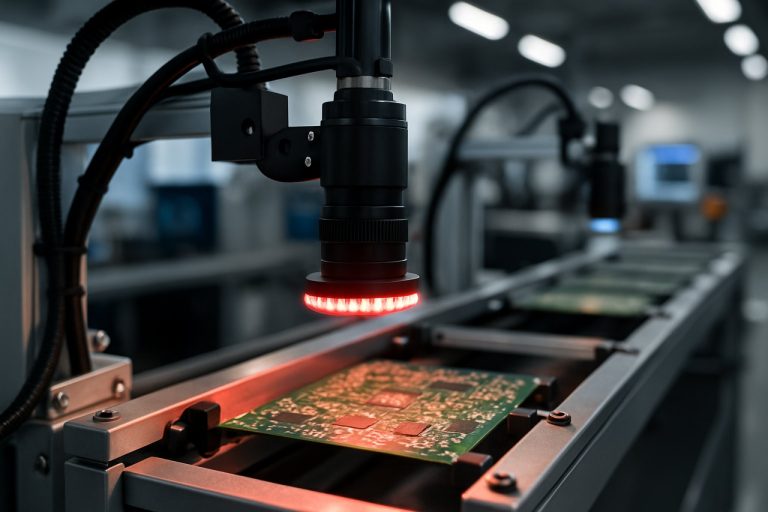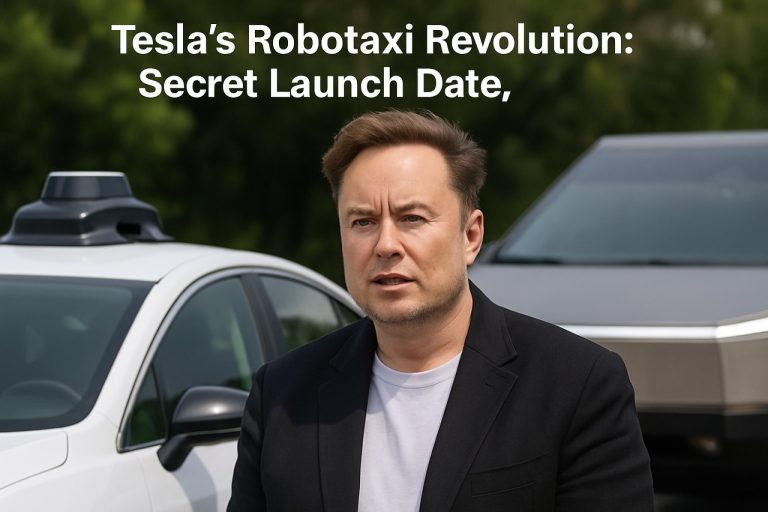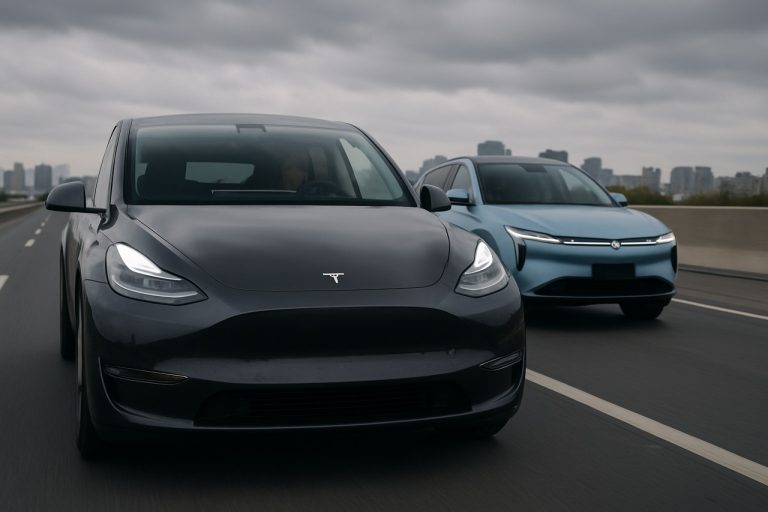
- Tesla faces challenges in securing a trademark for “Robotaxi” due to its generic nature, as perceived by the USPTO.
- The term “robotaxi” is widely used in the autonomous transport industry, lacking distinctiveness for trademark protection.
- Tesla has a three-month period to appeal the USPTO decision, aiming to prove a unique brand identity.
- Besides “Robotaxi,” Tesla is also pursuing trademarks for “Cybercab” and “Robobus,” facing similar obstacles.
- Trademark challenges highlight the importance of unique branding in the rapidly evolving tech landscape.
- Success in trademarking is crucial for Tesla’s identity and its ambitions in the autonomous vehicle sector.
Tesla motors ahead with innovation, always pushing boundaries. Yet, securing a trademark for “Robotaxi” has proven to be a bumpier ride than expected. In navigating the labyrinthine world of trademarks, Tesla has encountered an immovable object: the term’s perceived generic nature. The U.S. Patent and Trademark Office (USPTO) has slammed the brakes on Tesla’s application, arguing that “Robotaxi” lacks the uniqueness necessary for trademark protection.
The scene is set against a backdrop of autonomous transport revolution. Companies like Waymo, Uber, and countless others deploy “robotaxis” in everyday parlance, as consumers envision a future where driverless cars whisk them effortlessly from Point A to Point B. The term itself is embedded in the cultural lexicon, used ubiquitously to denote any self-driving vehicle offering. This saturation is precisely why the USPTO labeled Tesla’s application too generic, a descriptor rather than a distinct identifier of Tesla’s offerings.
Despite the setback, the game is far from over. Tesla isn’t idling in neutral; their legal team has about three months to refuel and return with a robust appeal. This window provides an opportunity to convince the USPTO of a distinct brand identity that the automaker argues only it can provide. It’s a daunting task, but not an unscalable mountain, especially not for a company that has consistently defied the odds.
Adding layers to the drama, Tesla isn’t just casting its net with “Robotaxi.” The automaker has also submitted applications for “Cybercab” and two versions of “Robobus,” extending its reach into the autonomous vehicle terminological territory. However, these bids are also winding through the bureaucratic gears without guarantees. It seems the prolific use of terms prefixed with “cyber” by companies keen on harnessing the futuristic allure has muddied the waters.
In this quest, technical details matter. Tesla must present the USPTO with extensive documentation, from brochures to marketing materials, demonstrating its claims to the uniqueness of “Robotaxi.” The corporation needs to delineate its usage from the industry’s widespread adoption. It’s a classic dance between innovation and language, where the stakes are high and the rules ever evolving.
The key takeaway here is clear: in the fast-evolving tech landscape, companies must navigate not just technological hurdles, but linguistic and legal ones as well. Trademarks, while seemingly simple, are a battleground where specificity triumphs over generality. For Tesla and others paving the future of travel, the right to a name isn’t just about branding—it’s about defining the frontier of their ambitions. As for the verdict, time will tell if Tesla’s trademark aspirations will move from pit stop to the fast lane, or if it’s a journey in vain.
Tesla’s Trademark Turmoil: What’s Next for “Robotaxi”?
Autonomous vehicle company Tesla stands at the forefront of innovation, relentlessly redefining the landscape of transportation. Yet, securing a trademark for the term “Robotaxi” has proved to be a challenging feat. The U.S. Patent and Trademark Office (USPTO) recently rejected Tesla’s application, citing the term’s generic nature as the reason.
Understanding the Trademark Rejection
The USPTO’s decision highlights a critical point: many terms become so embedded in everyday language that they lose their distinctiveness. “Robotaxi” is widely recognized as a generic term for any autonomous vehicle offering taxi-like services. Companies such as Waymo and Uber frequently use the term to describe their services, demonstrating how pervasive it has become. Because of this common usage, “Robotaxi” is considered too generic to be trademarked for exclusive rights by Tesla.
Tesla’s Strategy to Overcome the Trademark Hurdle
Tesla has a three-month window to appeal the USPTO’s decision. During this period, they must craft a compelling case that distinguishes their branding from the generic usage of “Robotaxi.” This involves submitting marketing materials, business strategies, and possibly evidence of consumer recognition that equate Tesla specifically with “Robotaxi.”
Other Trademark Endeavors by Tesla
In addition to “Robotaxi,” Tesla has also applied for trademarks on “Cybercab” and multiple versions of “Robobus.” As with “Robotaxi,” these terms face scrutiny due to the prevalence of “cyber” in countless tech-related products and services. Success in securing these trademarks might require a similar, rigorous approach to demonstrating uniqueness.
Market Impact and Industry Trends
The push for autonomous vehicles is rapidly evolving. Tesla, along with other companies, remains committed to developing sustainable, efficient, and driverless technologies. Here’s what to consider:
– Autonomous Vehicle Market Growth: The autonomous vehicle market is projected to continue its significant growth. According to Allied Market Research, the market is expected to reach $556.67 billion by 2026, driven by advancements in AI and software technologies.
– Trends in Autonomous Technology: Innovations such as advanced sensor technologies, machine learning algorithms, and enhanced mapping systems are shaping the future of autonomous vehicles.
– Environmental Considerations: As autonomous vehicles gain traction, sustainability in terms of reduced emissions and energy consumption remains a crucial focus.
Challenges and Controversies
Despite technological advancements, autonomous vehicles face regulatory, ethical, and safety challenges. These include navigating legislation, ensuring passenger safety, and addressing cybersecurity vulnerabilities.
Actionable Recommendations
For businesses in the autonomous vehicle sector:
1. Differentiate Your Brand: Develop unique product names that aren’t generic, leveraging specific features or services unique to your brand.
2. Document Everything: Keep thorough records of marketing and consumer interactions that reinforce your brand’s unique identity.
3. Stay Informed: Regularly monitor industry trends and legal requirements to stay ahead in technological and regulatory advancements.
Conclusion
The journey toward trademarking terms like “Robotaxi” underscores the complexity of balancing innovation with language. For Tesla, the path is fraught with challenges, but their ability to navigate these linguistic hurdles will define their success in securing unique branding in the autonomous vehicle industry.
For more insights on Tesla’s innovation in autonomous technology, visit Tesla.



